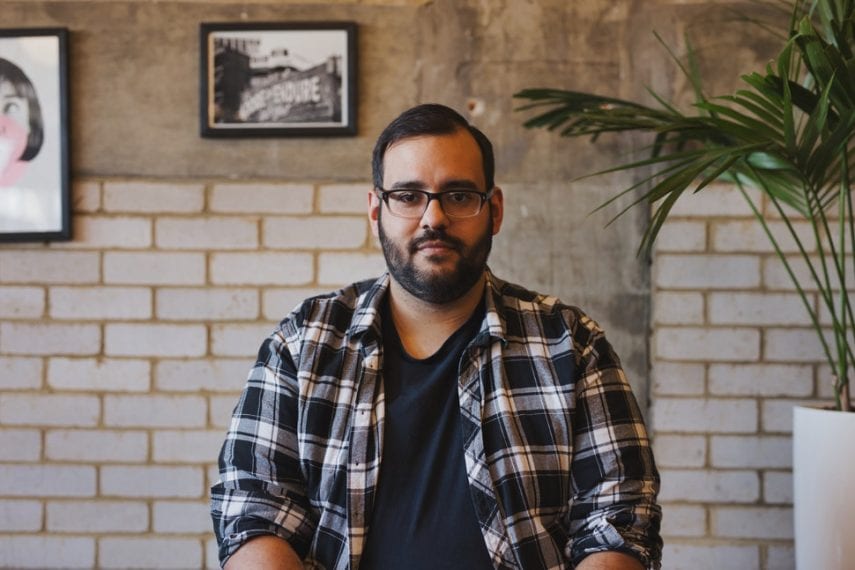How Addictive is Xanax? Understanding the Risks of Xanax Abuse

If you suffer from anxiety, a Xanax prescription may have brought you the relief from your symptoms that you’ve been craving. But just how addictive is Xanax? If you take Xanax or are considering doing so, it’s important to learn the signs of addiction and learn and how to protect yourself from the risk of Xanax overdose. If you believe you may already be dependent on it, learn how a Xanax addiction treatment center can be one of the best paths to getting treatment available. Take back your life and your future once again. Break the hold Xanax has over your life with residential treatment today.
Jagan had been diagnosed with Generalized Anxiety Disorder when his inability to stop worrying about everything—his education, his relationship, his career—caused panic attacks even when he was at home trying to relax. He saw a psychiatrist who prescribed Xanax, which offered him some much-needed relief. Xanax made Jagan feel safe and more able to face the fears and pressures of his daily life.
Soon enough, he couldn’t imagine living his life without it.
As the months turned into a year, he found himself taking more of the pills than was prescribed. He began to have violent mood swings whenever he ran out of pills or couldn’t find them fast enough. Jagan started to wonder; just how addictive is Xanax?
He told his girlfriend he was scared he had a problem, and together they contacted a residential treatment facility for help.
How Addictive is Xanax?
Xanax can be highly addictive if used over a long-term period of time. According to the National Institute on Drug Abuse, Xanax is one of the most commonly abused drugs in the U.S. Xanax, or alprazolam, is one of the drugs known as benzodiazepines. Like other drugs in this category, Xanax carries a risk of addiction. Benzos are anti-anxiety medications, prescribed to people who have panic attacks or high levels of stress. Xanax can be a great relief from panic attacks and anxiety, but if used for an extended amount of time or without the help of cognitive behavioral therapy, it can become addictive.
Addiction occurs when Xanax, a medication developed to ease anxiety symptoms, actually makes you less emotionally stable. You may find yourself needing larger doses to achieve the same results, which may indicate drug tolerance. When you don’t have access to Xanax, you may have sharp mood swings, making you depressed, anxious, or irritable. And if you find yourself lying to friends, loved ones, or doctors about how much Xanax you’re really taking, it’s likely that you’ve developed a dependency.
The Risk of Xanax Overdose
Those addicted to Xanax may take up to 20 or 30 pills, per day. However, with high use comes high risk. Benzodiazepines depress the central nervous system, causing physical symptoms like slurred speech, loss of coordination or disorientation.
Worse, they can cause respiratory failure. It takes a significant dose to overdose on Xanax alone. Most Xanax overdoses, however, occur when the drug is taken in conjunction with another substance such as alcohol, other depressants, or opiates. If you are experiencing symptoms of overdose or suspect you may have overdosed, please get help immediately by calling the National Poison Control Center at 1 (800) 222-1222, or by dialing 911. If Xanax overdose has caused someone to stop breathing, administer CPR right away.
We're Here to Help. Call Today!
866-922-1350Getting Help for Xanax Addiction at a Residential Treatment Facility
Xanax dependency and withdrawal can feel overwhelming, but never lose hope. There’s always a way out. By slowly reducing the dose of Xanax consumed, the body can adjust to having lower doses of the drug over time. This period, called detox, can last several weeks depending on the severity of your addiction. During detox, people can experience unpleasant withdrawal symptoms. But with supportive medical staff on your side, medically supervised detox can help you cope with withdrawal and achieve long-lasting sobriety. The best way to get the attentive level of care you need is at a residential Xanax addiction treatment center.
Residential treatment offers a variety of care options, including treatment for multiple substance dependencies or for co-occurring psychiatric disorders. When you enter residential treatment you’ll have access to medical and mental health care to get you safely through detox. Psychiatric doctors and nurses will constantly monitor you and help you make progress one step, and one day, at a time.
After detox, you’ll begin building your new, sober, life. You’ll receive treatment that addresses the emotional causes of your addiction and learn new coping and life skills to help you stay sober. This can include a variety of treatments, such as group and individual counseling, art or music therapy, and mindfulness practices like yoga and meditation.
Another benefit of residential treatment is access to a unique community. You can connect with other people who are facing similar challenges as you, so you no longer have to face them alone. Friends and family in your daily life may not be able to fully understand your problems; residential treatment has enabled many lasting friendships built on mutual support and empathy.
Xanax recovery takes time, dedication, and patience. But many people have healed from this addiction and have gotten their lives back; now, it’s your turn. Take the first steps to ending your Xanax dependency by calling a residential treatment facility near you. If you can’t do it alone, don’t be afraid to ask a trusted friend or loved one to help you make that call. You’ll both be relieved you did it.
Break the Hold Xanax Has Over Your Life with Residential Treatment
Facing your problem is scary, but in the end, the freedom and relief you’ll gain will be worth it. Remember, you have the courage to do this. Find a residential treatment facility by looking online or asking your primary care physician or healthcare provider for a recommendation.
Jagan has made amazing progress since contacting his local treatment center. He still goes to outpatient therapy and a weekly support group that help him cope with the urge to use Xanax again. Every morning he gets up and enjoys a healthy new life with his friends, family, and coworkers, just like in the days long before his Xanax dependency. By taking that first step and getting into treatment, a happier, healthier future can be yours as well.
Alta Mira is a comprehensive Xanax addiction treatment center for people struggling with drug and alcohol addiction as well as co-occurring mental health disorders and process addictions. Contact us to learn more about our renowned Bay Area programs and how we can help you or your loved one start the journey toward lasting recovery.






